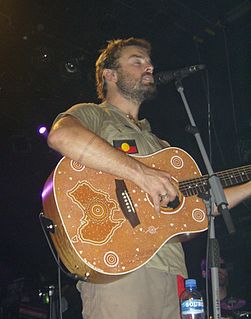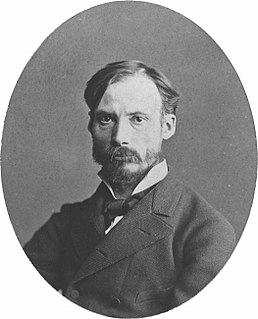A Quote by Catherine Camus
I couldn't ever act or think on behalf of what my father [[Albert Camus]] would have said or done. He's an artist, he considers himself an artist, and so he takes on the responsibility of speaking for those who are not given the means or the opportunity.
Related Quotes
During the '80s, those you would call the young philosophers of France, such as Bernard-Henri Lévy and [André ] Gluxman, pointed out that Camus had said things no one wanted to hear in the political arena. They said it was [Albert] Camus who was right, not those who had slid under the influence of Sartre, that is to say an unconditional devotion to Communism as seen in the Soviet Union. And ever since then the evaluation of Camus has continued to modify up until today
[Albert Camus] positions are sensed. So, naturally, those intellectuals who don't have that experience have difficulty in comprehending it. But I think it made Camus more tolerant because he had already seen both sides of things when the others had only ever seen one. They imagine poverty, but they don't know what it is. In fact they've got a sort of bad conscience about the working classes.
An artist is above all a human being, profoundly human to the core. If the artist can't feel everything that humanity feels, if the artist isn't capable of loving until he forgets himself and sacrifices himself if necessary, if he won't put down his magic brush and head the fight against the oppressor, then he isn't a great artist.
I don't think it's an artist's responsibility to be political all the time. I think your first responsibility as an artist is to make music that people will listen to and enjoy. However, I think that when you are able to say something that is moving and put it in a great song, then that is even better.
Albert Camus was never abandoned by his readers. Camus is enormously read. He's the highest selling author in the entire Gallimard collection, and has been for some years now. Sales haven't ever stopped, so to talk about rediscovering him would suggest that he isn't read anymore and that's not true.
I feel it's my social responsibility to shine a light on areas that don't get seen. My personal feeling is that it's an artist's responsibility to be engaged with the culture. And when the culture is going through turmoil, I think an artist can't ignore that. I don't feel that every artist has to be politically engaged, but I can't imagine that you can be an active participant of this culture and not in some way reflect that in the work you are creating.


























